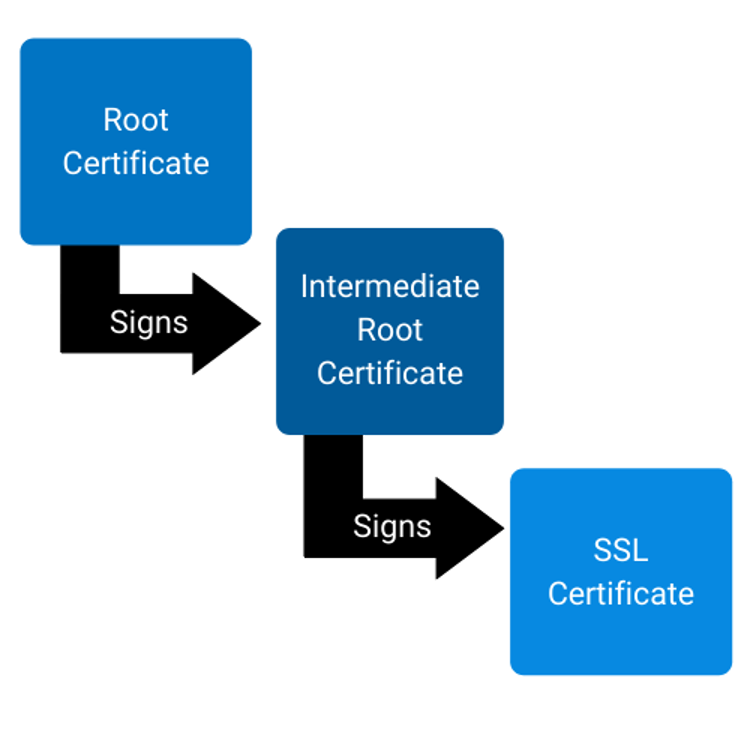-
Platform
BackManage PKI and Certificate Risk in One PlaceManage PKI and Certificate Risk in One PlaceThe Smarter Way to Manage Certificate LifecyclesContinuous Signing for CI/CD & DevOpsSecure, Flexible and Global SigningTrusted From Silicon to In-the-FieldDevice Security Without CompromiseAccelerate Secure App Development

-
Solutions
BackThe Smarter Way to Manage Certificate LifecyclesSoftware Supply Chain Security
Protect your entire software supply chain with automated tools

-
Buy
BackWildcard DomainBUY
Find the right TLS/SSL Certificate to secure your website
eIDAS-compliant transaction and website document security solutions
-
Company
BackManage PKI and Certificate Risk in One PlaceManage PKI and Certificate Risk in One PlaceThe Smarter Way to Manage Certificate LifecyclesContinuous Signing for CI/CD & DevOpsSecure, Flexible and Global SigningTrusted From Silicon to In-the-FieldDevice Security Without CompromiseAccelerate Secure App Development

-
Resources
Back
-
Support
BackContact Our Support Team
- Americas
- 1.866.893.6565 (Toll-Free U.S. and Canada)
- 1.801.770.1701 (Sales)
- 1.801.701.9601 (Spanish)
- 1.800.579.2848 (Enterprise only)
- 1.801.769.0749 (Enterprise only)
- Europe, Middle East Africa
- +44.203.788.7741
- Asia Pacific, Japan
- 61.3.9674.5500
- Americas
- Contact us
- Language

You may have heard about the recent root certificate expiration that’s been affecting a large number of sites. Root certificates are a necessary part of the certificate chain, but when they need to be replaced it affects the entire chain.
Just as the roots of a tree provide life to the leaves and branches, root certificates are the base of the certificate chain.

What is a root certificate?
In the chain of trust, a root certificate is the first link. Unlike other certificates, it is self-signed, meaning the issuer and subject are the same. It is a kind of X.509 certificate that can be used to issue other certificates. Certificate authorities (CAs) adhere to strict requirements to merit the trust of having a root certificate.
Root certificates also typically have long periods of validity, compared to intermediate certificates. They will often last for 10 or 20 years, which gives enough time to prepare for when they expire. However, there still can be hiccups in the process of switching to the new root certificate.
Fixing error due to an expired root certificate
When a root certificate expires, operating systems may flag the certificate as invalid even if you have the new root certificate. You may be able to fix the problem by deleting the expired root certificate.
Learn more at Learn more at https://www.digicert.com/campaigns/tls-best-practices-guide#help.
-
Company
-
My Account
-
Resources
-
Sites
-
© 2025 DigiCert, Inc. All rights reserved.
Legal Repository Audits & Certifications Terms of Use Privacy Center Accessibility Cookie Settings






